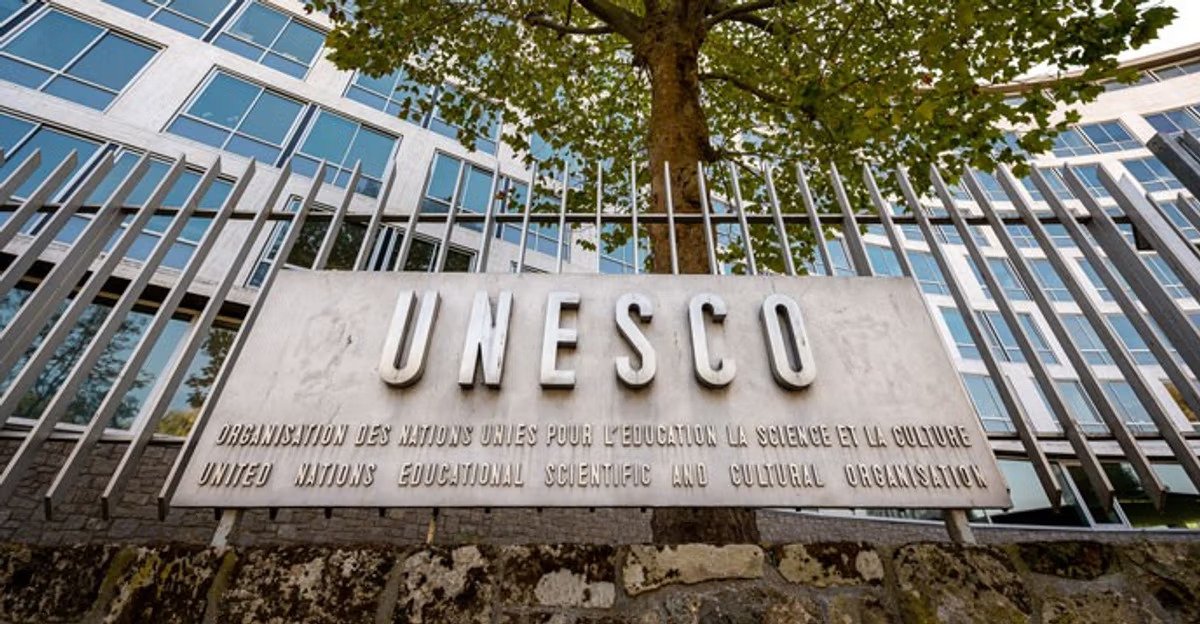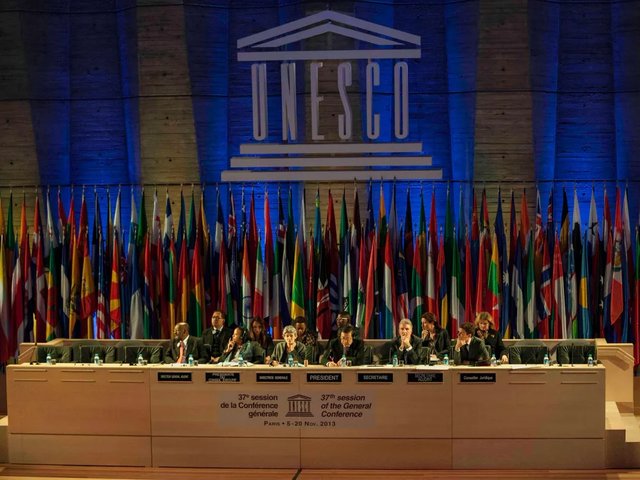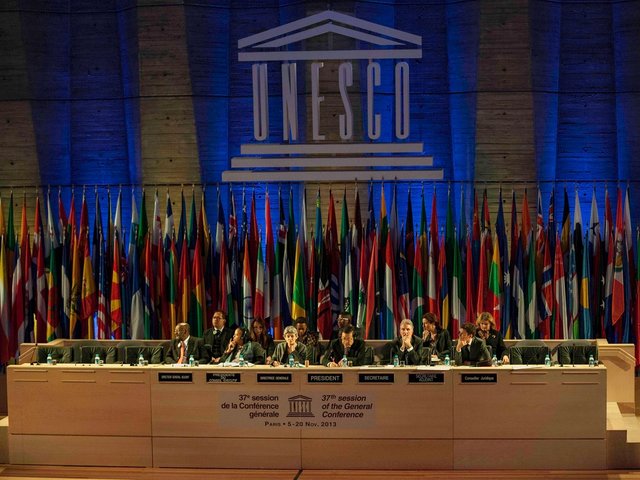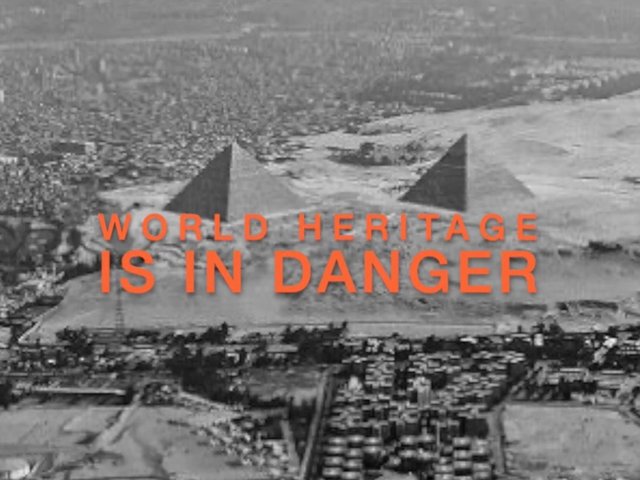On 22 July, the US Department of State informed Unesco Director-General Audrey Azoulay that the country would be withdrawing from the organisation, citing continued involvement as “not in the national interest of the United States”.
The Trump administration continues to centre anti-DEI (diversity, equity and inclusion) initiatives and extra-institutional engagement in contemporary conservative governance. The Unesco decision, anticipated to take effect on 31 December 2026, marks a return to form for the president. Trump withdrew the US from the organisation during his first term in 2017, citing “anti-Israel” bias. The US re-joined Unesco under Joe Biden in 2023.
Unesco is the third United Nations agency Trump has pulled out of the year, after rescinding US membership in the World Health Organisation and the United Nations Human Rights Council.
“President Trump has decided to withdraw the United States from Unesco—which supports woke, divisive cultural and social causes that are totally out-of-step with the commonsense policies that Americans voted for in November,” a White House spokesperson said in a statement to the press.
In February, Trump had signed an executive order requiring Marco Rubio, the Secretary of State, to review international organisations, including Unesco, for signs of “radical or anti-American sentiment”.
Azoulay said in a statement that she “deeply regrets” the US president’s decision, further explaining: “The reasons put forward by the United States to withdraw from the organisation are the same as seven years ago, even though the situation has changed profoundly, political tensions have receded and Unesco today constitutes a rare forum for consensus on concrete and action-orientated multilateralism.”
The US’s relationship with Unesco has long been characterised by cycles of membership and withdrawal. While the US was a founding member of the organisation in 1945, Ronald Reagan initiated the country’s withdrawal in 1984. George W. Bush oversaw its re-entry into Unesco in 2003. In 2011, under Barack Obama, the US stopped funding Unesco after a vote passed to include Palestine as a full member. At the time, the US’s withdrawal presented a large financial hardship for the organisation; today, according to Azoulay, the country only accounts for about 8% of Unesco’s budget and the US decision was, in her words, “anticipated”.
Meanwhile, the second-largest funding stream for Unesco is China. Without a US presence, China has arisen as an influential leader in Unesco’s ecosystem. Currently, a Chinese official is serving as Unesco’s deputy director-general. In addition, according to The New York Times, Unesco has thrown its support behind China’s leader, Xi Jinping, undergirding a global infrastructure programme known as the Belt and Road Initiative and assisting in Beijing’s mounting attempts to surpass Italy as the country with the greatest number of World Heritage Sites.
“Unesco is a battleground for cultural and intellectual power and influence,” David Killion, an ambassador to Unesco during the Obama administration, told the Times. “We are conceding the soft power realm to an expansionist, authoritarian great power.”





